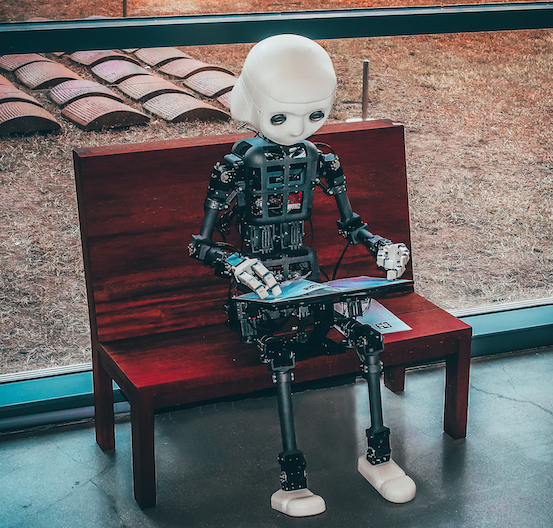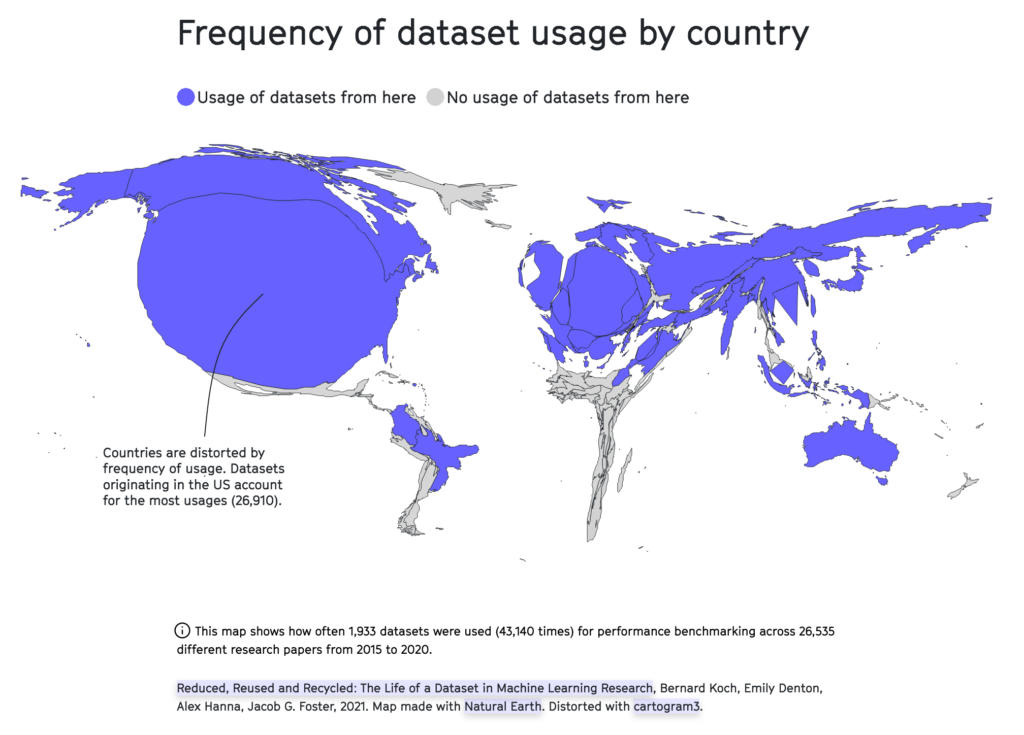
We often think the way in which we experience the world is the way it’s always been. But things aren’t always as they seem. My wife was born in what is now the fruit and veg aisle of a supermarket, my brothers in what is now someone’s living room. Buildings come and go. What about rivers? Some are buried under cities, many have been straightened. This video highlights some changes in rivers and the unintended consequences of them. Not only do our individual lives change, so does the world in which we live.
Often we view digital information as fact. We believe what is presented to us by google, duckduckgo, or whatever search engine we prefer. Many of us have been fascinated by the recent release of ChatGPT. We can even wonder what it means to be human now. We are in awe of the ‘intelligence’ of the artificial intelligence. And we take it at face value and believe it to be true.
But then we come across this post. It feels a bit like the curtain is pulled back a little. According to this paper, most AI systems are trained on datasets from a small group of sources. Mostly USA and ‘western’ based sources. Here’s an image from the Mozilla Internet Health Report 2022 showing what the world looks like according to AI. Nothing from Africa and little from Asia and Latin America.

Perhaps AI is lacking a lot of intelligence after all. Perhaps it is biased, seeing the world from a certain perspective. And even within the USA, it is only seeing the world from a certain American perspective.
Like many things, this awareness does not mean we throw out AI or ChatGPT. But rather when we use it, we are aware of the bias it brings and we seek other perspectives to with it. Digital, AI are tools we can and should use, but they are not perfect either.

0 Comments